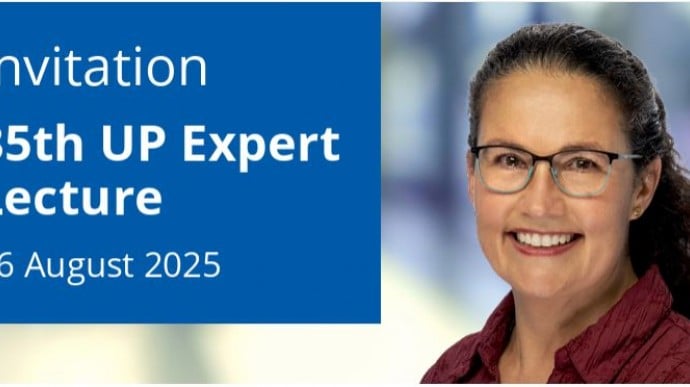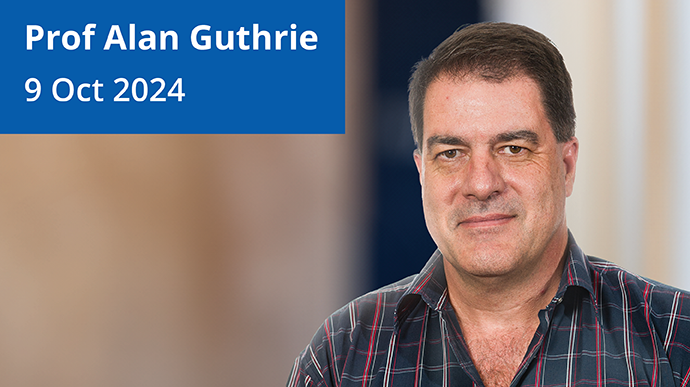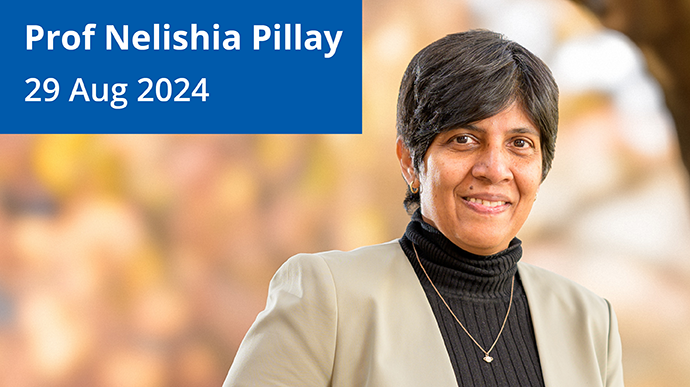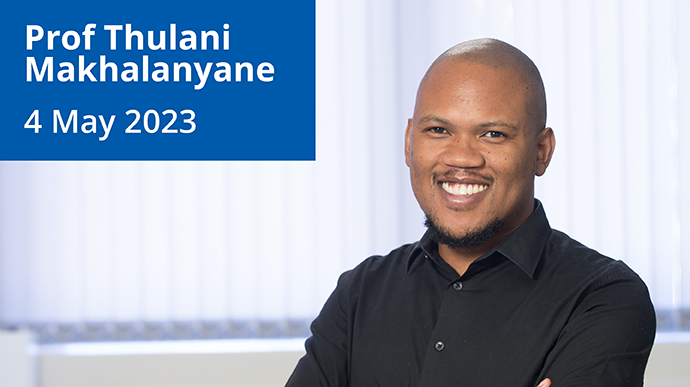 Lecture
Lecture
A silent storm is brewing among South African youth – a rapid rise in vaping and cannabis co-use. Is this an unintended consequence of recent policy shifts, such as the Cannabis for Private Use Act of 2024 and delayed regulation of e-cigarettes? Or are we witnessing a deeper, overlooked youth mental health crisis? Drawing on new national survey data and global trends, this lecture explores...
 Lecture
Lecture
Migration elicits diverse and often emotional responses. We find it concerning that so many South Africans emigrate, and seek to attract skilled migrants from elsewhere. We have high hopes that skilled migrants can create jobs, while we worry about unskilled migrants “stealing our jobs”. In this debate, skilled migrants are often presumed to be ‘legal’ and unskilled migrants...
 Lecture
Lecture
Molecular techniques have revolutionised horse management and health and have provided practical solutions to complex problems in the various horse disciplines internationally. Molecular-based parentage verification systems were standardised internationally in the 1990s and are now widely applied in most horse breeds. These systems now include tests for genetic diseases and performance traits....
 Lecture
Lecture
Artificial Intelligence has had a major impact in the fourth industrial revolution and has been instrumental in finding scalable solutions to complex problems posed by the United Nations Sustainable Development goals. However, this has not been without challenges. As the adoption of artificial intelligence has grown, we find ourselves in the situation where artificial intelligence has moved out...
 Lecture
Lecture
Child activists have moved themselves to the front of the environmental protection agenda, and through this they have made the right to a clean, healthy, and sustainable environment a children’s rights issue. The arguments advanced by them (and by adults assisting them) is that they are more impacted by environmental harms and are also closer to (or part of) future generations. This lecture...
 Lecture
Lecture
Microbes (bacteria, archaea, fungi, and viruses) are the most diverse and numerically abundant entities on our planet. However, we know surprisingly little regarding the vast microbial universe within and beyond us. The past two decades of sequencing-enabled research have revealed remarkable insights regarding the diversity and functional attributes of microbial communities, yet we lack...
Copyright © University of Pretoria 2025. All rights reserved.
Get Social With Us
Download the UP Mobile App